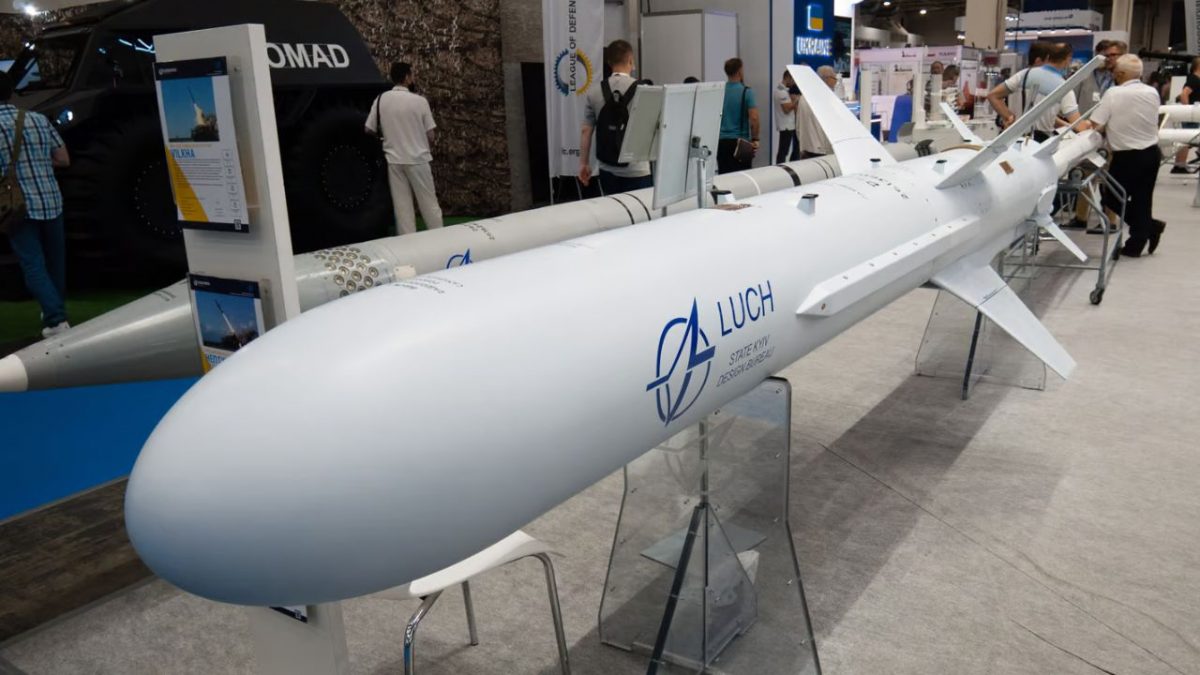Ukraine might have faced grim military and diplomatic developments over the past weeks, it may have just unlocked a key trump card in its fight against Russia: Long Neptune cruise missiles.
On Friday (March 14), the country tested its first long-range cruise missile, targeting an oil refinery in Russia’s Tuapse town. According to reports, the missile attack triggered a fire incident which took three days to be put out.
Governor Veniamin Kondratiev of Russia’s Krasnodar region said in a statement, “After the attack of the Kyiv regime, on the night of March 14, a tank containing about 20,000 tons of gasoline caught fire at the oil depot. On the surface, the fire covered more than a thousand squares, the fire was assigned the fourth degree of danger."
For Ukrainian President Volodymyr Zelenskyy, it was a rare good news.
“We’re happy with the results of Long Neptune,” he declared following the test.
Russia’s oil industry in perils
Ukraine has intensified attacks on Russia’s oil industry, including refineries and pipelines, using its drones and missiles. The aim is to disrupt the key sector which keeps the Russian economy up and running.
According to reports cited by Politico, such attacks targeting oil sites may have crippled 10 per cent of Russia’s refining capacity.
Ukrainian MP Roman Lozinskyi on Facebook said the Neptune missile was truly their “trump card”.
“In essence, Putin has quietly confirmed to Trump how much our deep strikes are hurting the Russian energy sector. This is our trump card,” his post read.
Too early to celebrate
While cruise missiles may show better results and performance than slow-moving drones, they are not enough to change the course of the war.
Politico quoted Mykola Bielieskov, research fellow at the National Institute for Strategic Studies and senior analyst with the Kyiv-based Come Back Alive Initiatives Center NGO, as saying, “These cruise missiles alone cannot change the course of the war, even if there are many times more of them than now. We have the experience of Russia, which has launched many more different missiles at us, and we are functioning.”
However, he added Kyiv must continue to develop deep strike capabilities “both in the context of strategic defense now and from the point of view of deterrence in the future.”
Impact Shorts
More ShortsKyiv’s access to long-range missiles
The Long Neptune missile places Kyiv among a small group of nations capable of producing long-range cruise missiles. These powerful weapons can travel over 500 kilometres and deliver heavy warheads capable of significant destruction.
Currently, France and the UK have the Storm Shadow/SCALP missiles, which they have supplied to Ukraine. Germany and Sweden produce the Taurus, though they have not sent any to Kyiv. Meanwhile, the United States has considered providing JASSM cruise missiles, but there are no confirmed deliveries yet.
(With inputs from agencies)


)

)
)
)
)
)
)
)
)



